Why we should support Cinemalaya entries, according to Dolly de Leon
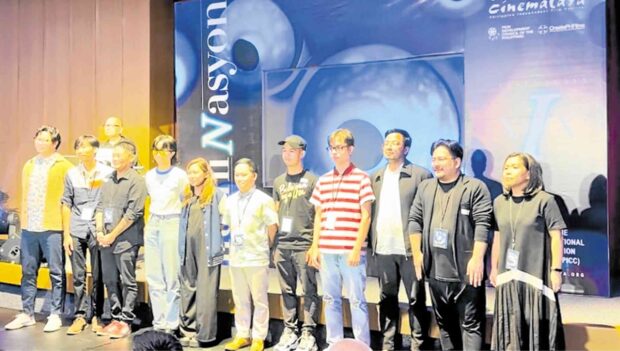
Cinemalaya full-length filmmakers in competition (from left): Kevin Maguya, Gian Arre, Carl Joseph Papa, Samantha Lee, Natts Jadaone, Ryan Machado, Kenneth dela Cruz, John Rogers, Jopy Arnaldo, Dustin Celestino and Sheryl Rose Andres
Actress Dolly de Leon, who is part of two entries at the 19th edition of the Cinemalaya Philippine Independent Film Festival, claimed she is such a strong supporter of indie movies that she would agree to be part of all 10 finalists if she could.
The 20 competing films—10 shorts and 10 full-length—were formally introduced to the media on Wednesday afternoon.
Dolly, the first and only Filipino actor to have been invited to vote for the Academy Awards, is part of Dustin Celestino Jose’s “Ang Duyan ng Magiting” and Carl Joseph Papa’s “Iti Mapupukaw.”
“I’m a strong believer that we should support indie filmmakers because their voices also need to be heard. Their stories are special and very unique and they’re the kind that’s worth watching,” De Leon told Inquirer Entertainment at the luncheon held at the Philippine International Convention Center (PICC) in Pasay City.
De Leon said her love affair with Cinemalaya was “quite complicated.” She explained: “For many years, I tried joining the festival but failed. I even attended the annual cattle call twice. Eventually, I became a part of Dennis Marasigan’s ‘Anatomiya ng Korupsiyon’ in 2011. Last year, I was in ‘Retirada’ as lead actress Peewee O’Hara’s psychiatrist,” recalled De Leon, whose role as a cruise ship toilet cleaner in Swedish director Ruben Ostlund’s “Triangle of Sadness” earned her international recognition.
Article continues after this advertisement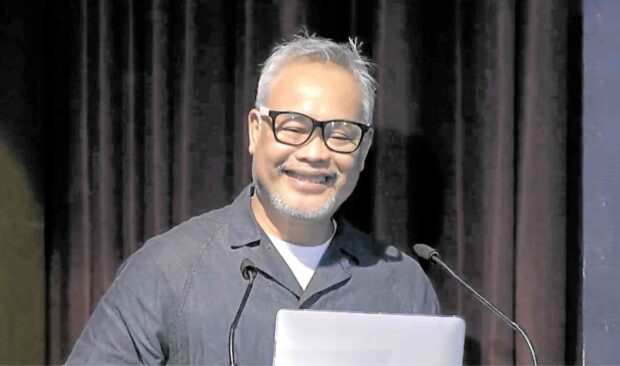
Chris Millado, Cinemalaya festival director
“Sir Chris (Millado, festival director) was right when he said that Cinemalaya is really all about resisting what’s normal, all about stepping out of the box,” she pointed out. “For me, that’s the only way for the film industry in the Philippines to grow—if we explore and do other things and tackle other topics, instead of the usual formula. That’s why Cinemalaya is special to me.”
Article continues after this advertisement‘Where it all began’
The festival will run from Aug. 4 to 13 at the PICC. Its original venue, the Cultural Center of the Philippines (CCP), is currently being renovated.
“This is where it all began. Before the Manila Film Center and the CCP were set up, I remember running all the way from UP as a student just to catch first screenings of the Swedish, Italian and French film festivals. It was a no-brainer to look at PICC as our venue for Cinemalaya’s 19th edition,” said Millado as he discussed the festival’s change in venue.
“When you go inside, you’d ask, ‘Why does it feel like the CCP all over again?’ It’s the same National Artist for Architecture (Leandro Locsin) who designed the CCP Main Building, which was founded in 1969. The PICC, which became the host of many film festivals, was founded nine years later,” he pointed out.
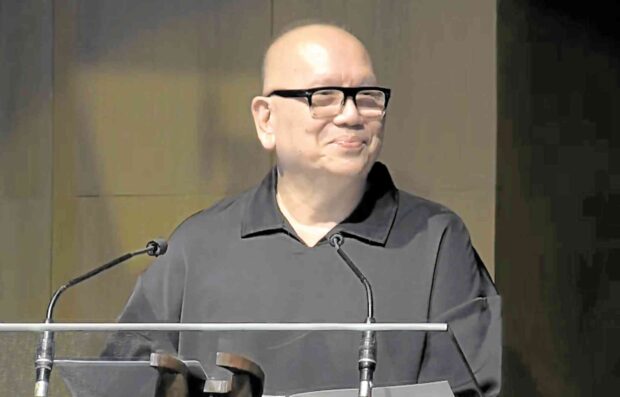
Jose Javier Reyes, monitoring committee head
Cinemalaya monitoring committee head Jose Javier Reyes described the finalists as “the future” of Philippine cinema. “What’s encouraging and enriching about the lineup is that a great number of these filmmakers do not come from what we call ‘Imperial Manila,’ but rather from different regions in the country. This is an integrating fact that should show the direction of where Philippine cinema is going,” Reyes pointed out.
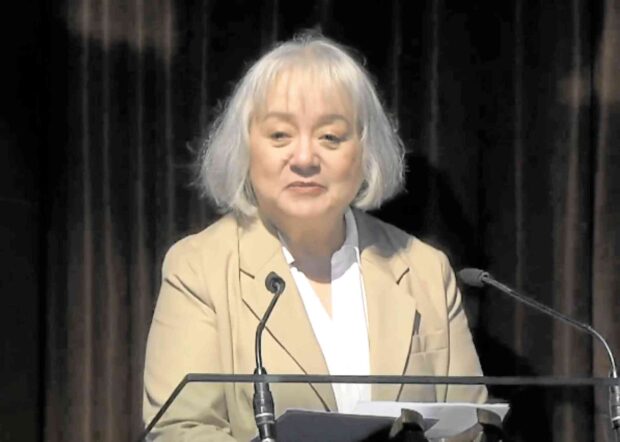
Laurice Guillen, Cinemalaya Foundation president
Meanwhile, Cinemalaya Foundation president Laurice Guillen noted the financial support that the finalists received from both the CCP and the Film Development Council of the Philippines (FDCP) “as an excellent example of how the government and private sector can cooperate and collaborate on a private initiative that benefits all Filipinos by way of defining their cultural identity and contributing to cultural growth.”
Another first
She continued: “These filmmakers, who are recipients of the cash grant from the CCP also received P1 million each as additional seed grant from the FDCP [P100,000 for the 10 shorts]. We want to support new filmmakers who produce films with artistic integrity. We want these films to be seen.”
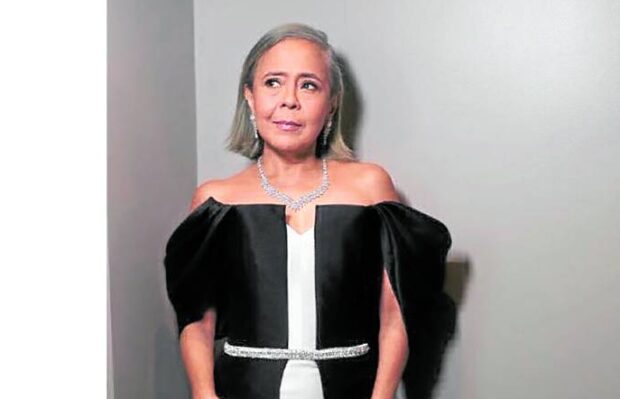
Dolly de Leon
Another first this year was that the finalists underwent the first film lab designed by Cinemalaya Film Institute, a training project designed to better prepare first-time filmmakers in all aspects of filmmaking, Guillen reported. “The films were hatched during the pandemic, a period of uncertainty. In fact, the competition process was conducted through video conferencing, including the film lab, so we are curious to see the effects of the pandemic in their films,” she declared.
The other eight full-length features are: John Rogers’ “As If It’s True,” Kenneth dela Cruz’ “Bulawan Nga Usa” (Golden Deer), Jopy Arnaldo’s “Gitling,” Ryan Machado’s “Huling Palabas,” Sheryl Rose Andes’ “Maria,” Samantha Lee’s “Rookie,” Gian Arre’s “Tether,” and Kevin Mikhail Mayuga’s “When This is All Over.”
The short film finalists are Kent John Desamparado’s “Ang Kining Binalaybay Kag Ambahanon Ko Para Sa Imo,” Kurt Soberano’s “Golden Bells,” Arvin Belarmino’s “Hinakdal,” Sam Villareal and Kim Timan’s “HM HM MHM,” Diokko Manuel Dionisio’s “Kokuryo: The Untold Story of Bb. Undas 2019;” Daniel James Magayon’s “Maudi Nga Arapaap” (Last Dream), Mike Cabales’ “Makoko sa Baybay,” Janura Yap’s “Sibuyas ni Perfecto (Perfecto’s Onion), Mae Tanagon’s “Sota,” and Joshua Caesar Medroso’s Tong Adlaw Nga Nag-Snow.”